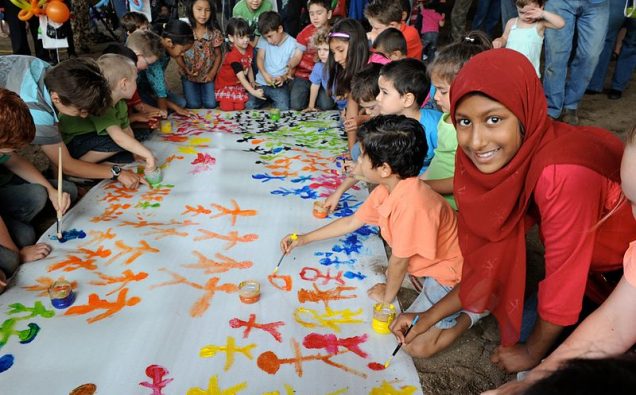
Marking the first-ever International Day of Human Fraternity, the United Nations has called fraternity as the best antidote to hate.
Miguel Ángel Moratinos High Representative for the UN Alliance of Civilizations (UNAOC), said observing an international Day of Human Fraternity is needed “now more than ever before, considering the deplorable fragmentation of our world today.”
“We are not only facing the ramifications of a pandemic, but also the contagious virus of hate, discrimination, and racism”, he said.
“The antidote or best antibodies to hate is a human fraternity, which embodies compassion, solidarity, unity, and mutual respect.”
UN Secretary-General Antonio Guterres pointed out that around the world, deep-seated discrimination, acts of intolerance, and hate crimes persist against people simply because of their religion or belief, ethnicity, gender, or sexual orientation.
These “vile acts” are an affront to human rights and UN values, he said underscored how cultural diversity and freedom of belief are part of the “rich tapestry” of humanity.
“As we commemorate the International Day of Human Fraternity, let us commit to do more to promote cultural and religious tolerance, understanding and dialogue.”
Pakistan diplomats said on the occasion renewed commitment to religious tolerance, understanding and cooperation at home and abroad.
“A recent manifestation of this commitment is the opening of Kartarpur Corridor, the world’s largest Gurdwara, allowing easy access to our Sikh brothers from the neighborhood and all across the world,” Ambassador Muhammad Aamir Khan, deputy permanent representative of Pakistan to the UN, said.
“It is in our enlightened interest to respect each other’s religions, avoid denigration of religious symbols and personalities, eliminate religious discrimination, and combat incitement to violence, including its contemporary manifestation Islamophobia,” he added.
“We are also witnessing a global resurgence in intolerance, discrimination, racism, negative stereotyping, and violence against persons, on the basis of religion or belief,” he said, pointing out that Islamophobia is particularly on the rise.
“In many places, including in our own region,” the Pakistani representative said, “Covid-19 has aggravated the clash of cultures and religions, inciting new waves of violence.”


















